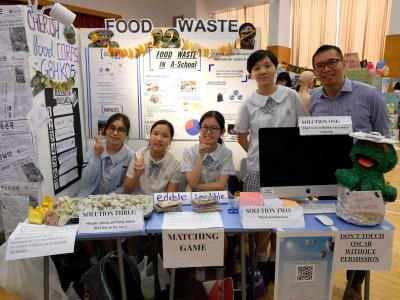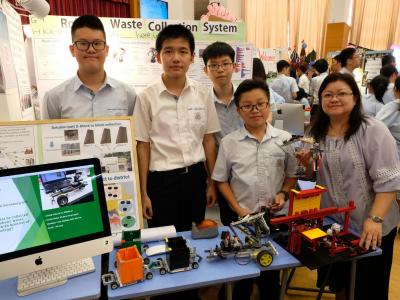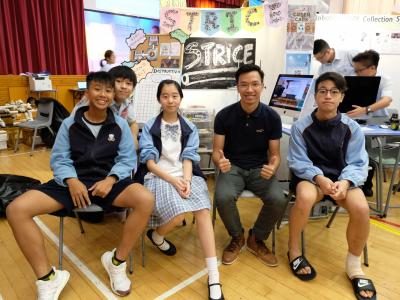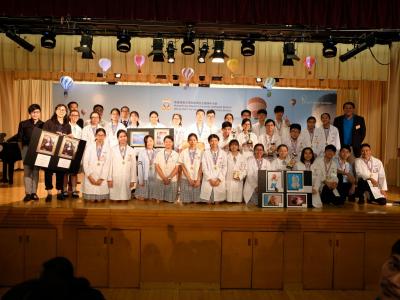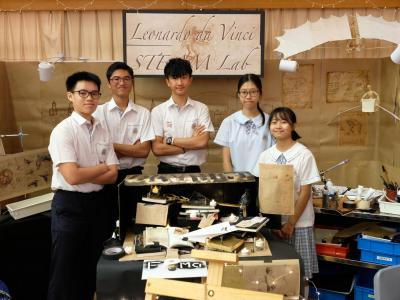Project-based Learning
Mission
To cope with the challenges of the 21st Century, education in Hong Kong must keep abreast of the global trends and students have to empower themselves to learn beyond the confines of the classroom. The school curriculum, apart from helping students to acquire the necessary knowledge, should also help the younger generation to develop a global outlook, to learn how to learn and to master life-long skills that can be used outside schools. The curriculum should also cultivate students' positive values and attitudes to achieve the educational aims of promoting whole-person development and life-long learning.
To achieve this goal, A-School has initiated whole-school project-based learning (PBL) as a powerful learning and teaching strategy to promote self-directed, self-regulated and self-reflecting learning. It usually starts with challenging questions or problems, and involves students in working together to plan, research, read and make decisions over a period of time. A-School continuously develops PBL in the hope that students can connect knowledge, skills, values and attitudes and to construct knowledge through a variety of learning experiences.
PBL also enables our students to learn the 21st century skills including:
- critical thinking
- creativity
- innovation
- team work
- communication
Highlights of PBL 2018-19
The theme of PBL this year is “A-Wonder”. G7-9 students showcased their creativity in designing solutions to resolve global issues that affect us. Our students conducted research and analysis on issues, such as ageing population, obesity, pollution, global warming and cultural preservation, and designed solutions with their own vision. We strongly believe that their learning experience in Term P will one day become our next wonder, “A-Wonder”.
| Themes | G7 Preservation of Traditional Culture 保育傳統文化 |
G8-9 Sustainable Development under Globalization 全球化下的可持續發展 |
||
| Phenomena | Fashion |
|
Pollution |
|
| Food |
|
Climate Change |
|
|
| Travel & Tourism |
|
Public Health & Our Lifestyle |
|
|
| Arts & Entertainment |
|
Elderly-care & Ageing Population |
|
|
Students’ Reflection on PBL 2018-19
Under Mr. Ray LEE’s guidance, we have tried various methods to make rice straws as an alternative to plastic straws. After making countless prototypes, we finally overcame the difficulties and made an attractive prototype. The spirit of “striving for excellence” and “never give up” have guided us through numerous scientific experiments in the laboratory. Thanks so much Mr. Ray LEE!
POON Tsz Ho 10B
on behalf of G9 HK1-01, winner of G9 Champion and G9 Best Solution 2018-19
Italy excursion was a memorable and exhilarating learning experience. We were inspired by the exhibition “Biennale Arte” and thrilled by its Anaglyph 3D artworks. Our presentation and products aimed to inspire people to explore things around us from a different perspective by using only red and cyan colours in our selected pictures. Audience first saw a picture, which was a metaphor of a social issue, using a red filter. But they would be surprised to see another side of the “story” when they saw it again using a blue filter. Just as Marcus Aurelius said, “Everything we hear is an opinion, not a fact. Everything we see is a perspective, not the truth.”
CHAN Chin Ying 10D
on behalf of G9 OE01, winner of Best Presentation, Best Booth Decoration,
Most Inspiring, Most Popular 2018-19
